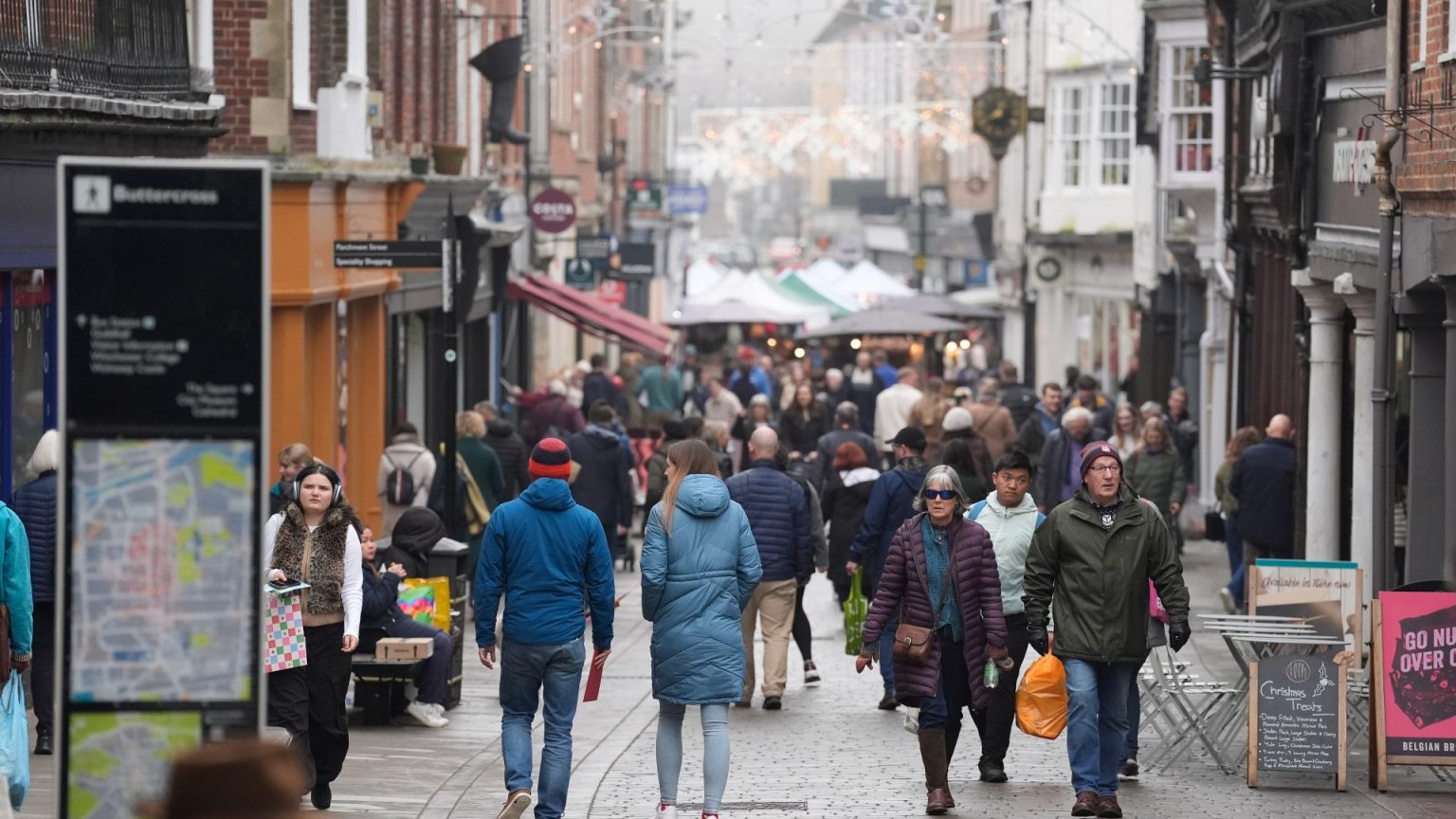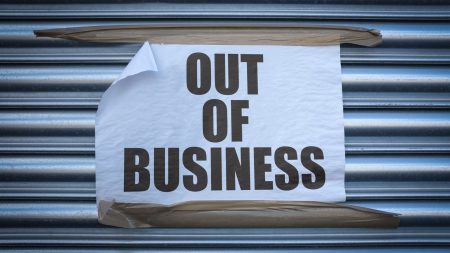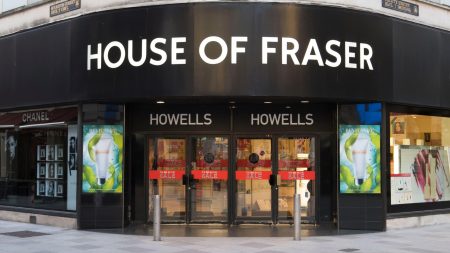The UK retail sector is bracing for a challenging 2025, with rising costs and a predicted economic downturn forcing many businesses to consider price hikes and job cuts. A survey conducted by the British Retail Consortium (BRC) revealed that two-thirds of leading retailers anticipate raising prices to offset the increased National Insurance costs announced in the recent Budget. This increase, set to take effect in April 2025, will see employer National Insurance rates rise by 1.2% to 15%, coupled with a reduction in the threshold at which employers must pay National Insurance from £9,100 to £5,000 annually. These changes, combined with a rise in the National Living Wage to £12.21 per hour and alterations to the packaging levy, are expected to significantly impact retailers’ bottom lines. Many CFOs surveyed also indicated plans to reduce paid hours, overtime, and even headcount to manage these increasing expenses. The overall sentiment within the sector is pessimistic, with 70% of respondents expressing concerns about trading conditions over the next 12 months.
The Budget announcements have sparked widespread concern within the retail industry, with 81 chief executives writing to the Chancellor to express their apprehension about the potential economic fallout. The industry estimates that the proposed measures could increase their costs by over £7 billion in 2025. One of the key concerns is the substantial rise in the National Living Wage, which will add to payroll expenses for businesses already grappling with rising operating costs. The changes to the packaging levy will further exacerbate the situation, shifting the entire cost of collecting and sorting packaging from local authorities to producers. This represents a significant increase from the previous 37% fee, placing an additional financial burden on retailers.
The BRC argues that retailers have limited options but to pass on some of these increased costs to consumers through price hikes. While they have strived to absorb rising costs in the past, the combination of slow market growth and already thin margins leaves them with little room to maneuver. This raises concerns about the impact on consumers, who are already facing a cost-of-living crisis. The cumulative effect of these cost increases could further squeeze household budgets, potentially dampening consumer spending and exacerbating the economic downturn.
Beyond the immediate impact of the Budget, the retail sector faces a broader structural challenge. The Centre for Retail Research (CRR) predicts the closure of around 17,350 retail sites in 2025, following the closure of 13,000 shops in 2024. This trend reflects the ongoing shift towards online shopping and the challenges faced by brick-and-mortar stores in adapting to changing consumer behavior. The CRR also paints a bleak picture for retail employment, forecasting potential job losses of up to 202,000 in 2025. This would surpass the job losses witnessed during the height of the COVID-19 pandemic in 2020, highlighting the severity of the challenges facing the sector.
Several major retailers have already signaled potential price increases. Marks & Spencer’s CEO has stated that price rises are unavoidable, albeit aiming to keep them “small and behind the market.” Sainsbury’s has estimated that the Budget will add £140 million to its costs, and while committed to minimizing the impact on customers, acknowledges the need to work closely with suppliers to navigate the challenges. Tesco’s CEO has pledged to protect customers as much as possible, but the specifics of how this will be achieved remain unclear. Next, a prominent fashion retailer, has projected a £67 million increase in costs and anticipates a 1% price rise due to the higher National Insurance contributions.
The confluence of rising costs, economic uncertainty, and structural shifts in the retail landscape presents a significant challenge for the sector. While retailers are striving to mitigate the impact on consumers, price increases appear inevitable. The potential consequences for both businesses and consumers are substantial, with job losses, store closures, and reduced consumer spending all posing significant risks to the UK economy. The long-term implications of these challenges remain to be seen, but it is clear that the retail sector is navigating a period of significant transformation and uncertainty.











